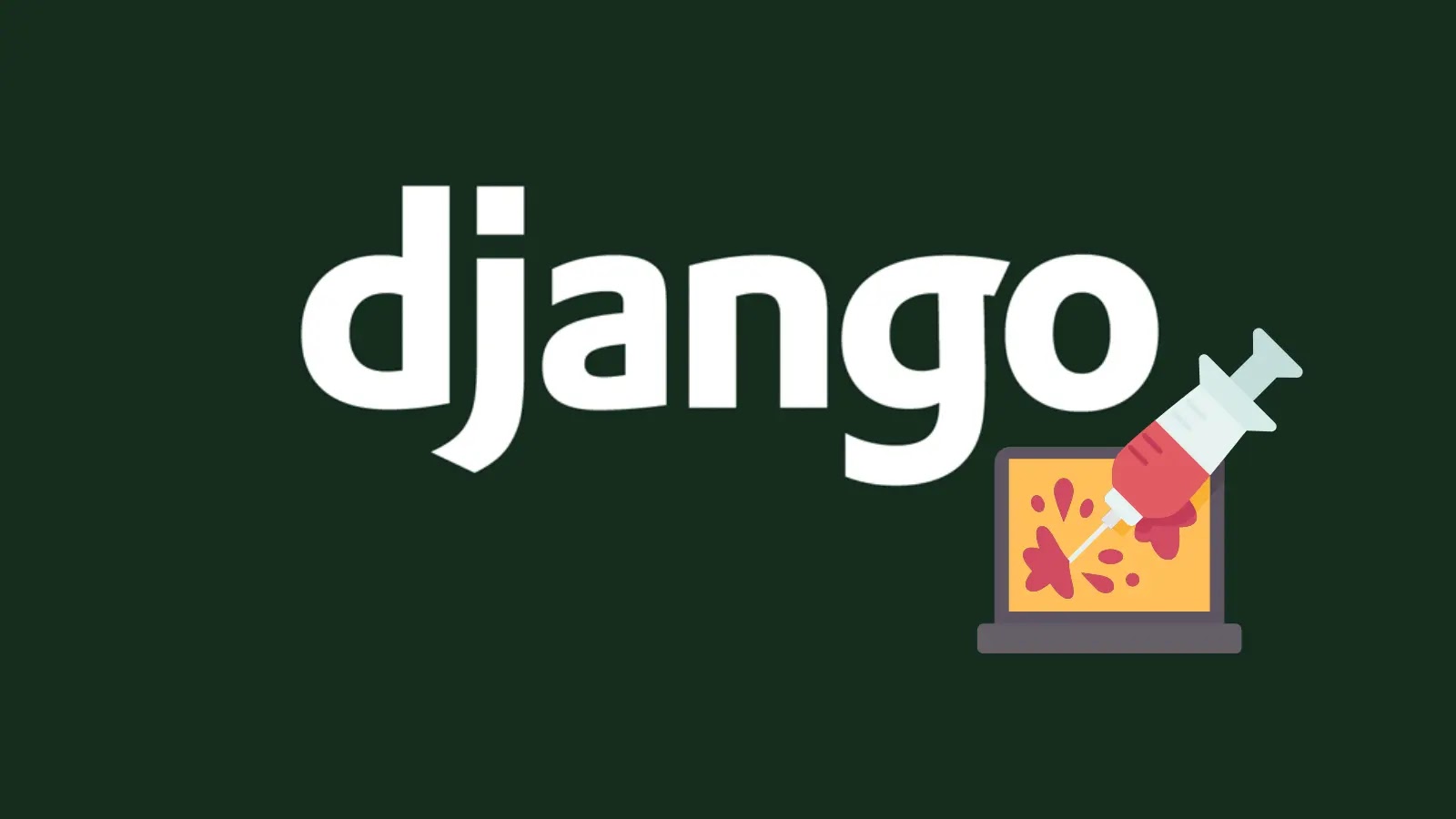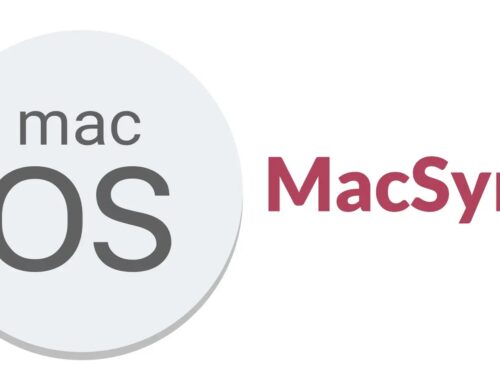
Django Critical Vulnerability Let attackers Execute Malicious SQL Code on Web Servers
Urgent Alert: Critical Django Vulnerability Exposes Web Servers to Malicious SQL Injection
A severe security flaw in the popular Django web framework has sent ripples through the development and cybersecurity communities. The Django development team has swiftly issued critical updates to patch a high-severity vulnerability that could allow attackers to execute malicious SQL code on web servers. If your applications run on Django, understanding and addressing this threat immediately is paramount.
The Threat: CVE-2025-57833 – A Gateway for SQL Injection
The vulnerability, identified as CVE-2025-57833, affects multiple versions of Django. This flaw isn’t merely a theoretical concern; it presents a direct pathway for attackers to perform SQL injection. SQL injection is a highly dangerous attack vector that enables malicious actors to interfere with the queries an application makes to its database. Successful exploitation can lead to unauthorized data access, modification, or even deletion. In worst-case scenarios, it can grant attackers a foothold within the server environment, potentially leading to full system compromise.
The core issue lies in how Django processes certain inputs, allowing specially crafted data to be misinterpreted as valid SQL commands. This bypasses typical input sanitization and validation mechanisms, giving attackers the ability to manipulate database queries to their advantage. For a technical deep-dive into the official advisory, users should consult the CVE details at CVE-2025-57833.
Impact of a Successful SQL Injection Attack
The ramifications of a successful SQL injection attack via CVE-2025-57833 are extensive and severe:
- Data Breach: Attackers can extract sensitive information, including user credentials, personal data, and proprietary business information.
- Data Manipulation/Corruption: Malicious actors can alter or delete database records, impacting application integrity and functionality.
- Authentication Bypass: Attackers might bypass login credentials, gaining unauthorized access to privileged accounts.
- Remote Code Execution (RCE): In some configurations, successful SQL injection can be escalated to remote code execution, giving attackers full control over the web server.
- Reputational Damage: A security breach can severely damage an organization’s trust and reputation, leading to financial losses and legal repercussions.
Affected Django Versions
While specific versions are being detailed by the Django team, initial reports indicate that multiple Django releases are vulnerable. This underscores the urgency for all Django users, regardless of their current version, to verify their installations against the official security advisories and upgrade promptly. Typically, critical vulnerabilities like this affect older, unpatched series, but developers should always refer to the official Django project release notes for precise affected version ranges.
Remediation Actions: Patch Immediately
The most critical and immediate action you can take to mitigate the risk posed by CVE-2025-57833 is to upgrade your Django installation. The Django development team has released patched versions that address this vulnerability. Follow these steps:
- Identify Your Django Version: Determine the exact Django version your application is currently running.
- Consult Official Django Security Releases: Refer to the official Django project website for the specific security releases that contain the patch for CVE-2025-57833. They often release targeted patches for various maintained branches.
- Upgrade Your Django Installation: Use
pipto upgrade Django to the latest secure version. For example:pip install --upgrade Django. Ensure you are upgrading to a version explicitly stated as secure against this vulnerability. - Test Thoroughly: After upgrading, rigorously test your applications to ensure full functionality and compatibility with the new Django version.
- Implement Defense-in-Depth: While patching is primary, continue to follow secure coding practices. Use Django’s ORM (Object-Relational Mapper) which inherently protects against many SQL injection vulnerabilities by parametrizing queries. Avoid constructing raw SQL queries with user-supplied input wherever possible.
- Regular Security Audits: Conduct frequent security audits and penetration testing on your Django applications to identify and address potential vulnerabilities proactively.
Tools for Detection and Mitigation Assistance
While the primary defense is patching, here are some tools that can assist in identifying vulnerabilities or maintaining secure code practices:
| Tool Name | Purpose | Link |
|---|---|---|
| Bandit | Static analyzer for Python code to find common security issues. | https://github.com/PyCQA/bandit |
| SQLMap | Open-source penetration test tool that automates the process of detecting and exploiting SQL injection flaws. (Use responsibly, only on authorized systems). | http://sqlmap.org/ |
| OWASP ZAP | Free, open-source web application security scanner. Helps find vulnerabilities by actively attacking web applications. | https://www.zaproxy.org/ |
| Snyk | Developer security platform that helps find and fix vulnerabilities in open source dependencies. | https://snyk.io/ |
Conclusion: Prioritize Security in Your Django Deployments
The Django SQL injection vulnerability, identified as CVE-2025-57833, serves as a stark reminder of the persistent and evolving threat landscape. For any organization or developer utilizing Django, immediate action to upgrade to the patched versions is non-negotiable. Failing to address this critical flaw leaves your web servers and sensitive data exposed to potentially devastating SQL injection attacks. Stay vigilant, apply patches promptly, and consistently practice secure development to safeguard your digital assets.





